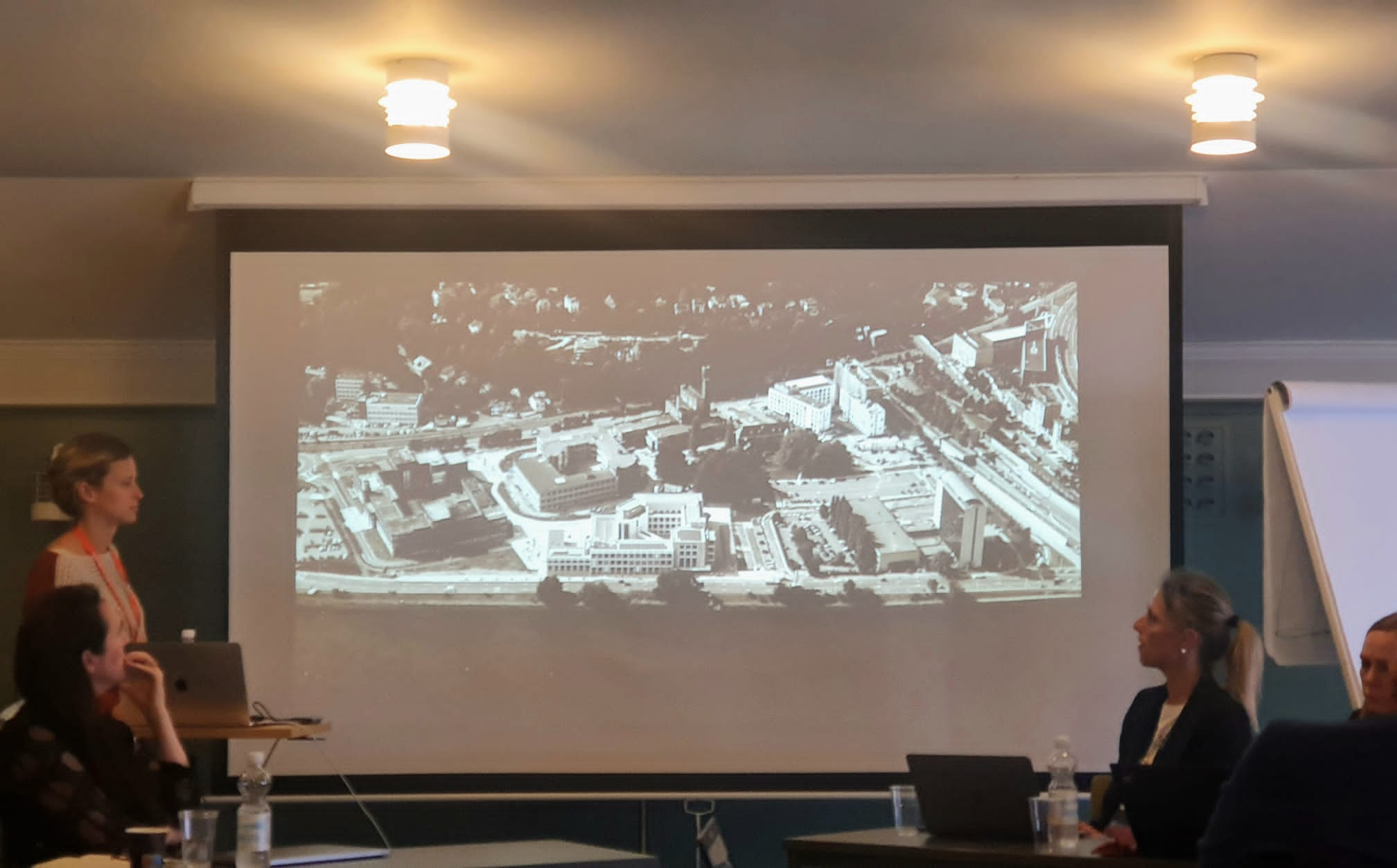-
Charlotte Skene Catling, Architect and co-founder at Skene Catling De la Peña architects.
-
Lisa Methling, City of Bochum
-
Chloé Beaufays from City of Liège
-
Dr. sc. Irena Matković, Assistant head of Strategy, city of Zagreb
The UNIC website uses cookies to improve your experience. Read our full Cookie Policy here.





